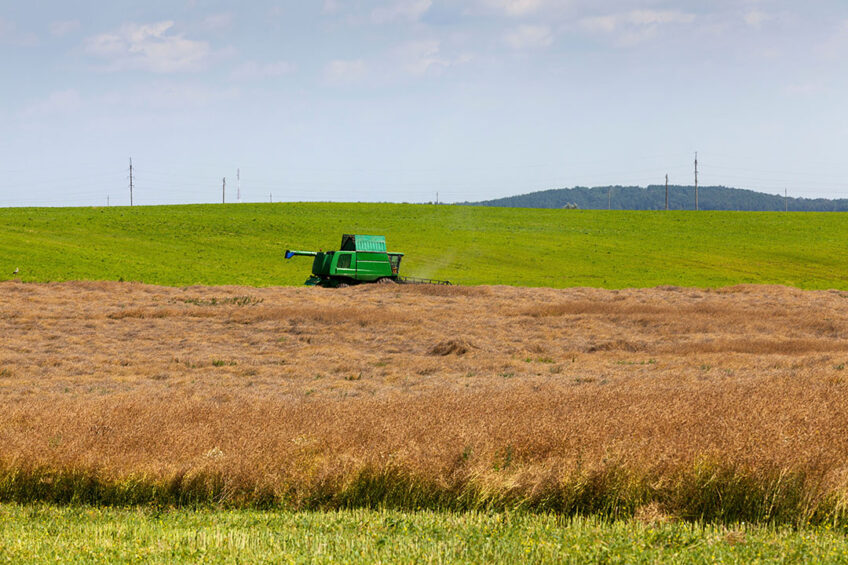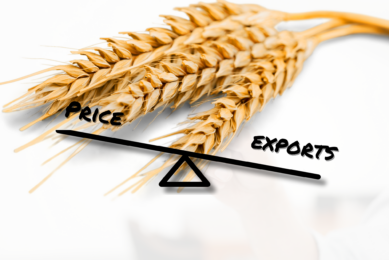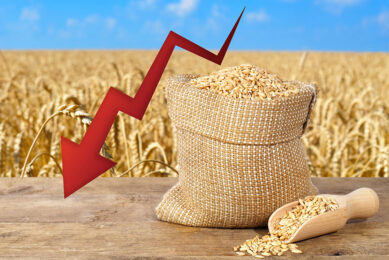Rapeseed price is slowly climbing

After the price fall at the end of January and the beginning of February, the price of rapeseed is now looking to rise again.
On Tuesday, February 13, an upward trend started for a fourth consecutive day. The price recovery is proceeding cautiously, but real conviction is lacking.
Last week it was up and down as far as rapeseed prices were concerned. This was mainly due to price fluctuations in soy. In Brazil, the soy harvest is progressing quickly. Consulting firms have adjusted their high harvest expectations to 150 million tons or slightly below due to heat and drought.
Brazil’s soybean harvest at 156 million tons
The US Department of Agriculture has only slightly lowered its estimate for the Brazilian soybean harvest in this month’s Wasde report and still expects it to be 156 million tons. Combined with a higher adjustment of opening stocks, global ending stocks of soybeans this season will reach a record level of 116 million tons, according to the new Wasde report. In recent years, the ending stock has fluctuated around 100 million tons.
Soy: Growing stock impacts price
The growing stock of soybeans is hanging over the market and that is preventing the market from a convincing price recovery for the time being. Although the consumption of soybeans is increasing again after the stabilisation of last season, the expansion of stocks is more important. The ratio of inventory to consumption increased from 27% to 28% last season and this year, according to Wasde, the next step will be taken to above 30%.
Paris Futures: Rapeseed price recovered
Smaller stocks of palm oil in Malaysia nevertheless led to slight price improvements in soy and rapeseed at the beginning of this week. In addition, the lower soy export figures in the United States were at the top of the range that analysts had previously indicated. At the beginning of Tuesday afternoon, February 13, the rapeseed price recovered on the Paris futures market to just above € 425 per tonne. That is considerably more than the low of € 410 per tonne a week ago.











